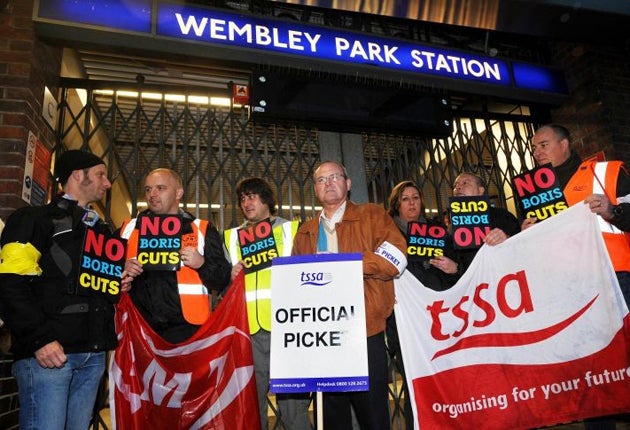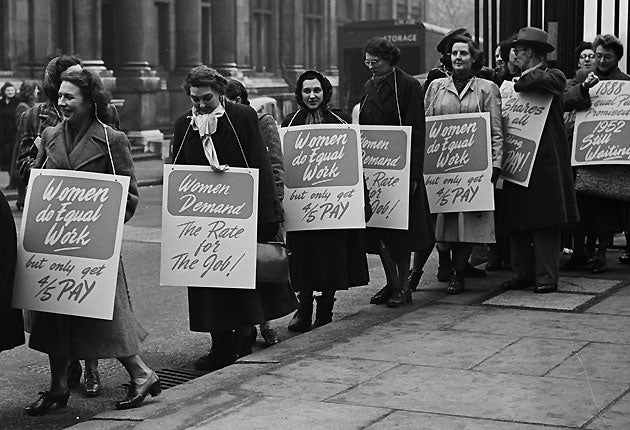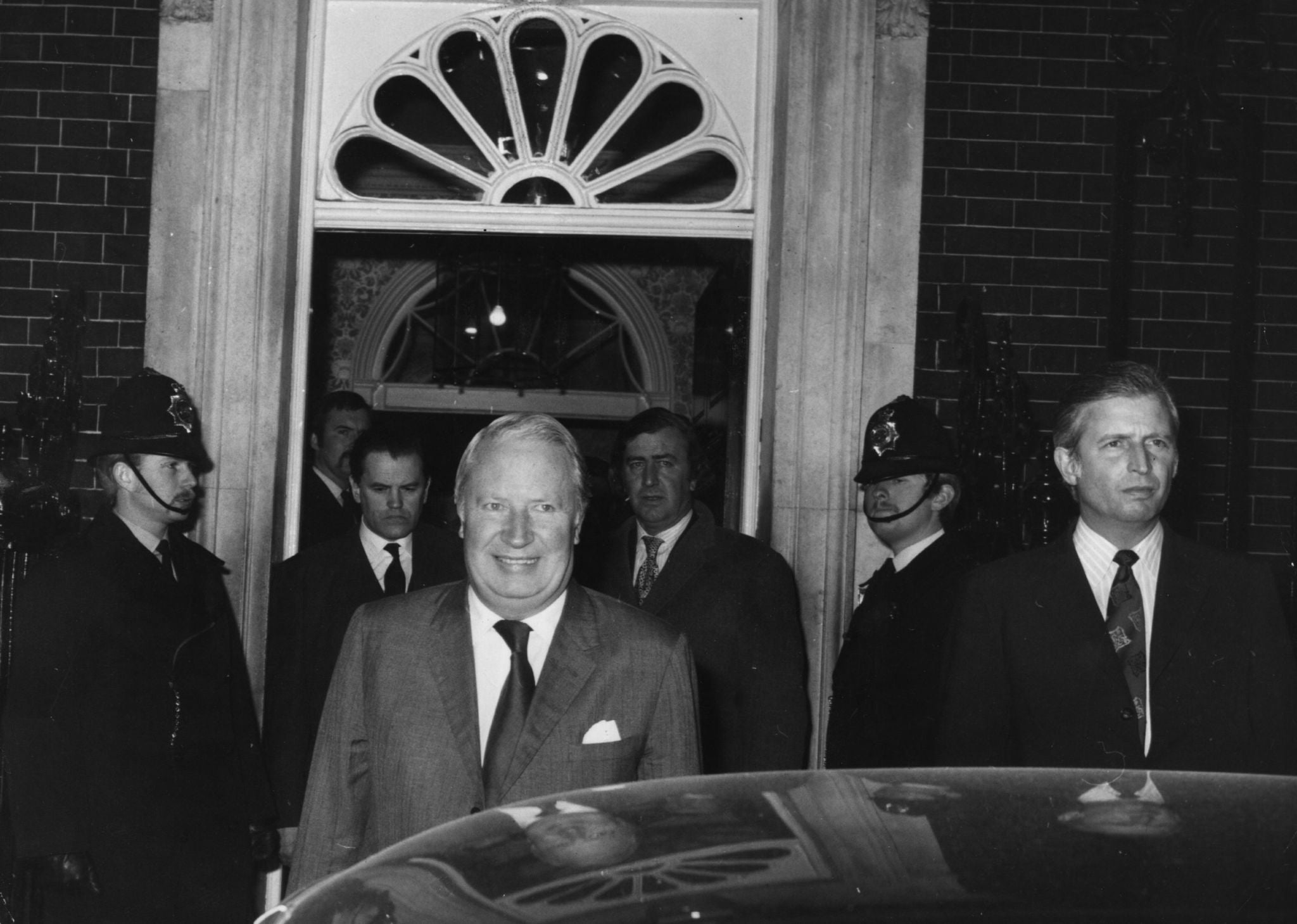London Tube strike: What has industrial action actually ever achieved?
Ahead of the Underground strikes, here are three events brought about by strikers

Four unions are striking again this week over measures to bring in a 24-hour London Underground.
The industrial action is expected to bring widespread misery to London commuters, and is the second strike in two months to shut down the entire London Underground.
Talks between London Underground (LU) staff and Unite, RMT, TSSA and Aslef members broke down after last minute discussions on Monday.
The industrial action comes as the Conservative government move to introduce a Bill that would severely curtail unions’ ability to strike. But what has strike action ever achieved?
Equal pay for women

The 1970 Equal Pay Act was introduced as a direct result of the 1968 Ford sewing machinists strike. Women workers in Dagenham walked out after their jobs were downgraded to unskilled, bringing production to the factory to a halt. After a protracted dispute the Labour government intervened and passed equal pay into law.
The eight-hour work day

Before trade unions, workers could work schedules as long as 16 hours a day. A series of strikes by the 1880s by gas workers and dockers won an eight-hour working day, which eventually became the new normal. These gains were solidified in parliamentary legislation.
Brought down a government

When people in the UK talk about “the miner’s strike” they usually mean the one in the mid-1980s during Margaret Thatcher’s government. But equally important was the 1974 miner’s strike, which brought down Ted Heath’s Conservative government. Heath called an election to cement his position, running on the slogan ‘who governs Britain?’. The electorate replied by ejecting him from office.
Pay increases

Heavily unionised workplaces in the private sector tend to achieve higher pay for their members, according to research by the Joseph Rowntree Foundation. The study also found that declining trade union density since the 1980s has damaged unions’ ability to negotiate better pay. As hours lost to strike have fallen, wage rises have become more limited.
Join our commenting forum
Join thought-provoking conversations, follow other Independent readers and see their replies
Comments